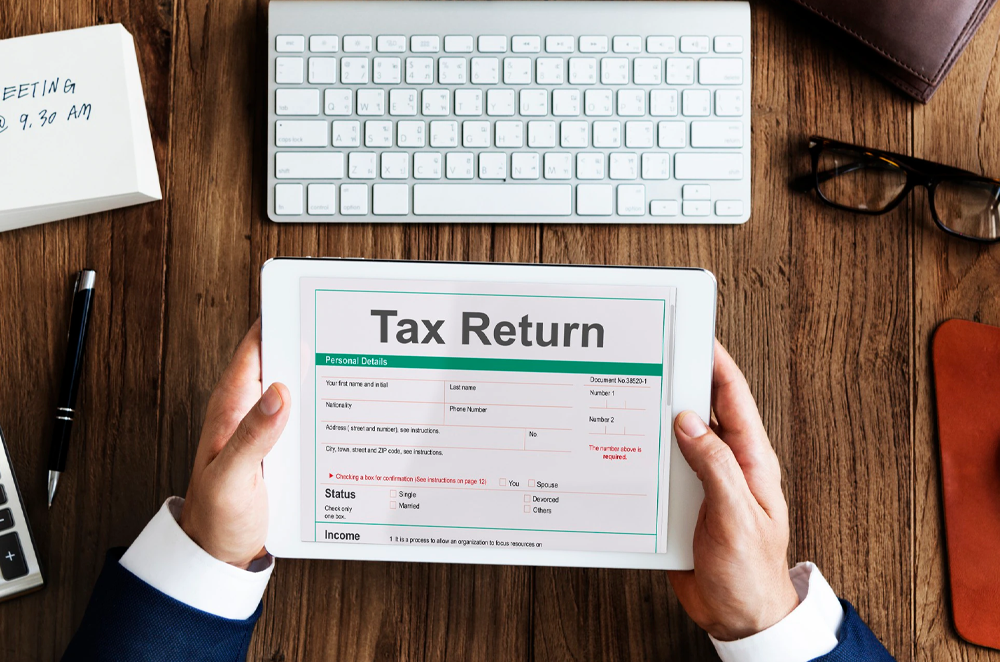Understanding Corporate Tax Registration
As of June 1st 2023, businesses in the UAE are subject to corporate tax. To comply with the regulations you should familiarize yourself with tax registration obligations. According to Federal Decree Law 47, all taxable individuals, including those in Freezones & exempted people must register for corporate tax and obtain a registration number.
Who is required to register?
Starting from June 1, 2023, businesses operating in the UAE have become subject to corporate taxes. To be ready for these upcoming regulations and filing requirements, it is crucial to familiarize yourself with the administrative obligations, including tax registration.
Under Federal Decree Law 47, the UAE's corporate tax system mandates that all taxable individuals, including those in Free Zones, must register for Corporate Tax and obtain a Registration Number. Additionally, even Exempted Persons are required to register for Corporate Tax. Taxable Persons are obligated to submit Corporate Tax returns for each Tax Period within 9 months after the specific period's end.
CT registration is not applicable to individuals in the below categories:
• An individual earnings salary and other employment income, whether received from the public or the private sector.
• Individuals earning dividends, capital gains and other income from owning shares or other securities in their personal capacity.
• Individuals investing in real estate in their personal capacity.
• A foreign investor earning income from dividends, capital gains, interest, royalties, and other investment returns.
How to register?
The Federal Tax Authority facilitates corporate tax registration through the EmaraTax platform, an online portal designed to facilitate various tax-related processes for taxpayers. This platform allows users to handle tasks such as tax registrations, returns, refunds, deregistration, and payments in one place.
To access these services, individuals can either create a new account on EmaraTax or transfer their existing FTA Account to the platform using a simple EmaraTax Login guide. Taxable entities registered for VAT can use their existing accounts. Successful registration for corporate tax in UAE through EmaraTax will require the submission of all the necessary documents as per the requirements.
Next Steps
Taxable people have until the date of their first tax filing to register. For example, if a taxable person has a year ending on December 31st 2025, they have a registration period available until September 30th, 2025.
Corporate tax registration is separate and unrelated to VAT registrations. Hence, if a company is already registered for VAT, it must independently register for corporate tax in the UAE, if it falls under its scope. Consulting with a corporate tax consultant in Dubai enables business owners to gain advanced knowledge of compliance requirements and prevent substantial penalties in the UAE.
Understanding administrative obligations including tax registration, is crucial for compliance. According to Federal Decree Law 47, all taxable individuals, including those in Free Zones, must register for corporate tax, even exempted persons. The EmaraTax platform facilitates the registration process, where VAT-registered entities can use their existing accounts to register. Businesses have until their first tax filing date to register.
Are you prepared for the new corporate tax regulations in the UAE? Contact us or check our Corporate Tax service to see how we can help you get ready for these changes
















